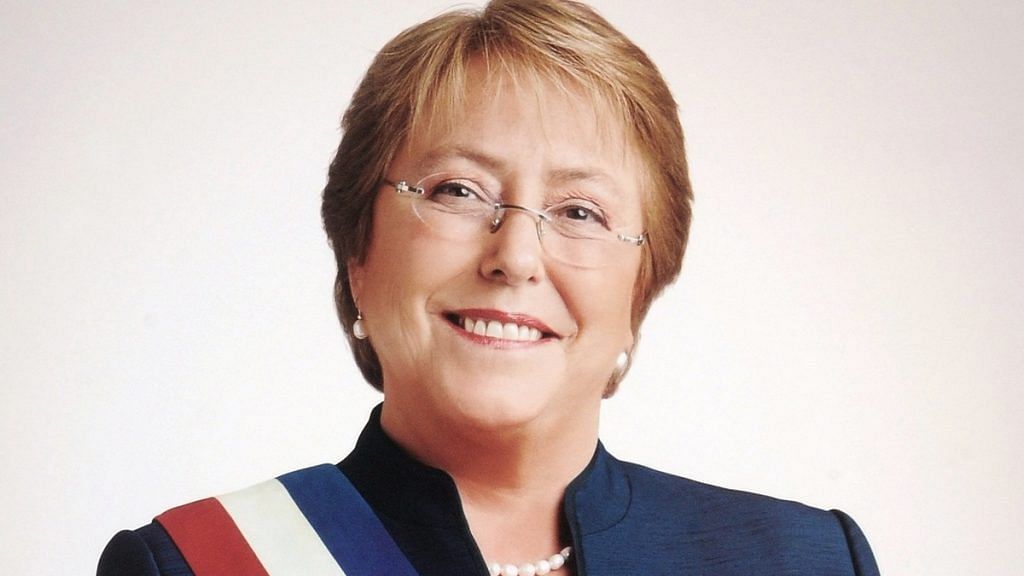New Delhi: United Nations High Commissioner for Human Rights, Michelle Bachelet, Tuesday asked the Narendra Modi government to safeguard the rights of activists and NGOs operating in the country.
In her statement, Bachelet expressed regret “at the tightening of space for human rights NGOs in particular, including by the application of vaguely worded laws” that constrain their activities and restrict foreign funding.
“India has long had a strong civil society, which has been at the forefront of groundbreaking human rights advocacy within the country and globally,” she said. “But I am concerned that vaguely defined laws are increasingly being used to stifle these voices.”
Bachelet’s statement also mentioned the newly-amended Foreign Contribution Regulation Act (FCRA) in India and the recent arrest of 83-year-old Jesuit priest Stan Swamy in the connection with the Bhima Koregaon case.
Also read: At the peak of his popularity, why Modi is going after dissenters
‘Amnesty International was compelled to close its India offices’
Bachelet said the FCRA, which was amended last month, has had a “detrimental impact” on the right to freedom of association and expression of human rights NGOs in the country. The amendments, she further said, have hampered NGOs’ ability to protect and promote human rights in India, and created more administrative and practical hurdles for them.
The human rights chief also mentioned how the Amnesty International was “compelled to close its offices in India after its bank accounts were frozen over alleged violation of the FCRA”.
“The FCRA has been invoked over the years to justify an array of highly intrusive measures, ranging from official raids on NGO offices and freezing of bank accounts, to suspension or cancellation of registration, including of civil society organizations that have engaged with UN human rights bodies,” said Bachelet.
Under the new amendments to the FCRA, no agency or individual can receive foreign funding unless they seek clearance from the Government of India or apply for an FCRA license. The new amendment also prohibits public servants from receiving any foreign contribution. It also proposes a reduced use of foreign funds, from 50 per cent to 20 per cent, for NGOs to meet their administrative costs.
The amendments also stipulate that foreign contributions cannot be transferred to any other organisation or person unless they are also registered to accept foreign contributions. The FCRA is meant to regulate foreign donations and ensure that they do not impact the internal security of India.
‘UAPA has been widely criticised’
In her statement, Bachelet also spoke about the “mounting pressure” on activists and human rights defenders in the aftermath of the protests against the Citizenship Amendment Act.
“More than 1,500 people have reportedly been arrested in relation to the protests, with many charged under the Unlawful Activities Prevention Act (UAPA) — a law which has also been widely criticised for its lack of conformity with international human rights standards,” she noted.
Mentioning how Swamy has been slapped with the UAPA and kept in detention “despite his poor health”, Bachelet said, “I urge the government to ensure that no one else is detained for exercising their rights to freedom of expression and peaceful assembly — and to do its utmost, in law and policy, to protect India’s robust civil society.”
She further said, “I also urge the authorities to carefully review the FCRA for its compliance with international human rights standards and to release people charged under the UAPA for simply exercising basic human rights that India is obligated to protect.”
She asserted that the UN Human Rights Office will continue to engage with the Modi government on issues related to promotion and protection of human rights.
Also read: Navlakha sought mercy for ISI spy Fai convicted in US, NIA charge sheet says
